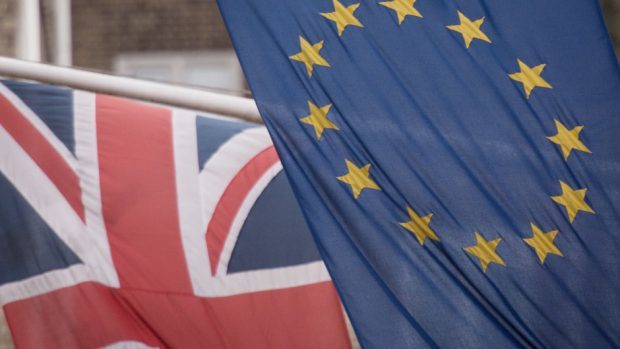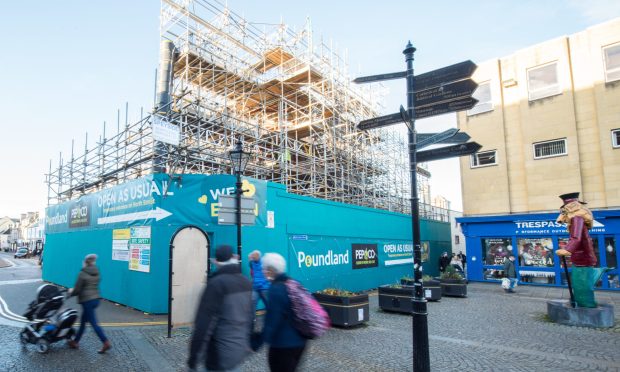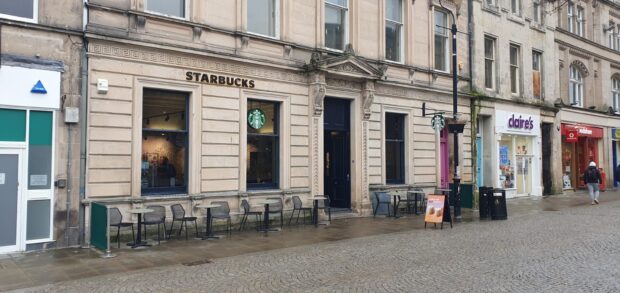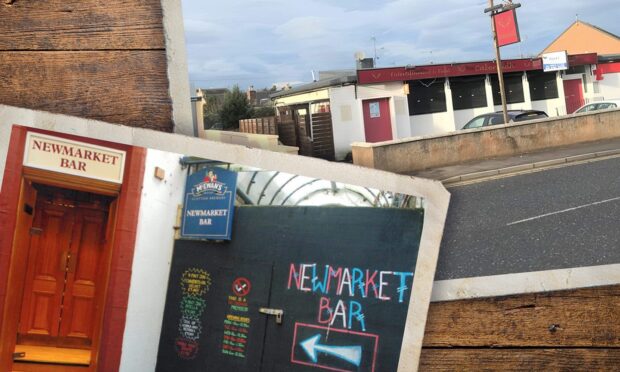France has overtaken the UK’s place as the world’s fifth largest economy, a report has revealed.
The large fall in the sterling exchange rate following the UK Brexit vote has pushed the UK down the ranks to sixth on the World Economic League Table (Welt), which is published by Global Construction Perspectives and economic think tank, CEBR.
Nevertheless, the report predicts UK will catch up with France again in 2021 and overtake it in 2026 – but the UK is expected to sink to eighth largest by 2030 as some Western economies
get flanked by India, Korea and Brazil.
Despite Chinese slowdown and impact of President Trump, China is still expected to overtake the US in 2029, the report said.
The firm also predicts that the price of oil will remain capped in the 2020s at $50 due to the “increased elasticity of supply, both of renewables and also in the US” shale.
CEBR president Douglas McWilliams said: “The World Economic League Table tracks the pace of globalisation as the former leading economies from the West get overtaken by fast growing emerging economies.
“China continues to be on track to become the world’s largest economy.
“India is now growing faster than China and will reach number three by 2024. Korea overtakes both the UK and France before 2030 as will Brazil. Indonesia reaches the top ten and the Philippines the top twenty by then also.”
Graham Robinson, director of leading global construction industry think tank, Global Construction Perspectives, added: “Many governments seem to have deficit cutting fatigue and are looking at spending more on infrastructure, but even if President-elect Trump’s Trillion Dollar Infrastructure Plan is funded in 2017 it is unlikely to boost demand for US construction until at least 2018 and possibly 2019.
“If private funding is needed, then it could be 2020.”










